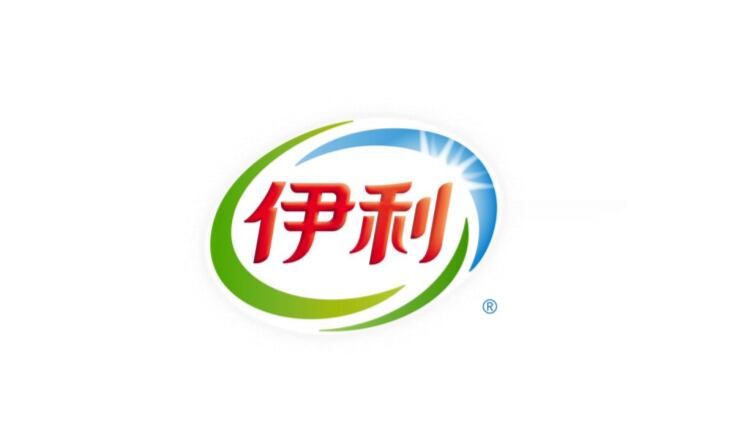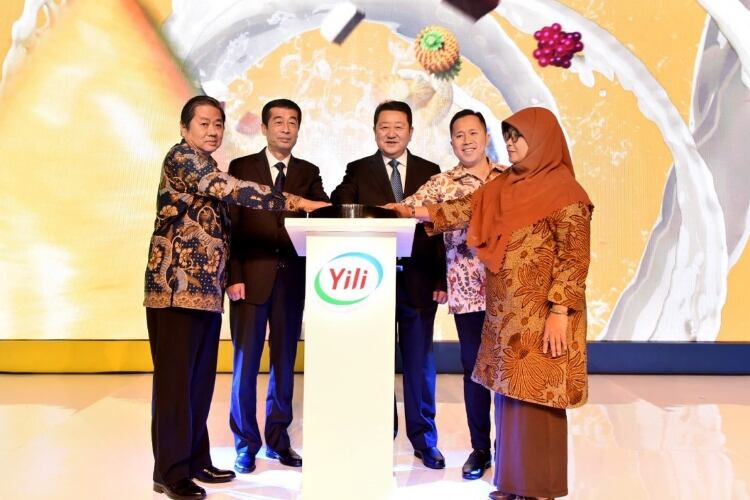Titled “Who is winning more Chinese consumers in 2018?”, the report analysed the consumption habits of Chinese families in FMCG goods in the past one year, starting from October last year.
Analysis involved families from 20 provinces and four municipality cities, including Beijing, Tianjin, Shanghai, and Chongqing.
While P&G topped the chart, major Chinese brand Yili – which was second in place, was the most consumed brand in the food and beverage space.
Around 160m families consumed its products, which is a 4.1% growth from a year ago.
Ranked 3rd and 4th overall, food and beverage brands Mengniu and Master Kong were consumed by 156m and 142m families respectively.
In terms of percentage growth, the two firms experienced modest growth as compared to Yili, with percentage growth for Mengniu and Master Kong at 3.3% and 0.3% respectively.
On the other hand, rankings of multinational players, such as Nestlé, Coca-Cola, Mars, Mondelez, Pepsico were evenly distributed across the chart, ranking 5th, 8th, 12th, 13th, and 16th respectively, with percentage growth between -0.8% and 3.2%.
Amongst the multinational players, the biggest percentage growth (3.2%) was seen in Coca-Cola.
As for local brands, percentage growth was highest for Nongfu Spring (8%), with 120m families consuming its products, as compared to the number of 111m last year. It ranked 14th overall.
Other companies that experienced high growth rate included Haday and Dali Group, with growth rates at 5.7% and 5%.
"In a challenging environment for brands and retailers, companies that constantly innovate and evolve within the new retail era are best placed to succeed” said Jason Yu, general manager of Kantar Worldpanel Greater China.
“In the last 12 months, Chinese companies continued to outpace multinationals in recruiting new shoppers faster through braver innovations, agile go-to-market capabilities, and successful activation of the omni-channel strategy,” said the report.
Young customers critical
The report noted that young customers are critical for growth, said the report.
“For the companies that grow penetration ahead of the market average, most of them saw noticeable advances in young families.”
Citing the example of Nongfu Spring, the firm grew its shopper base amongst the young consumers by 30% in the last 12 months due to success of its Victory vitamin water, which was featured on popular reality show ‘Idol Producer’.
“Similarly, Coca Cola in China grew its penetration through smaller pack and new lines such as ‘Sprite Fiber Plus’ to balance young consumers’ needs for both nutrition and indulgence,” the report added.
New product every three minutes
Almost one new product is launched every three minutes in China last year, the report said.
However, only 6% of the new launches managed “to bring incremental buyers.”
“Offering unique innovation and go-to-market excellence are key to retain customers,” the report highlighted.
For instance, Dali Group reported strong buyer gains in the latest year through the launch of Doubendou, a soy milk product which claimed to be “natural and GMO bean free”.
Backed up by Dali’s established distribution network to ensure its wide availability and in-store presence, Doubeidou brought 13 million new buyers to Dali Group in the first year of its launch.
Multi-prong approach
While e-commerce is prominent in China, firms should adopt an omni-channel approach when operating in China.
This is because “consumers are able to choose multiple ways to shop and the boundary of online and offline channels are increasingly blurred with the expansion in data integration and logistic capabilities.”
For instance, Yili, the most consumed food and beverage brand in China, grew its online and offline buyers by 4 and 6 million respectively, the report said.
Offline distribution channels had also brought more shopper growth for companies like Mengniu, Hengan, and Dali.




